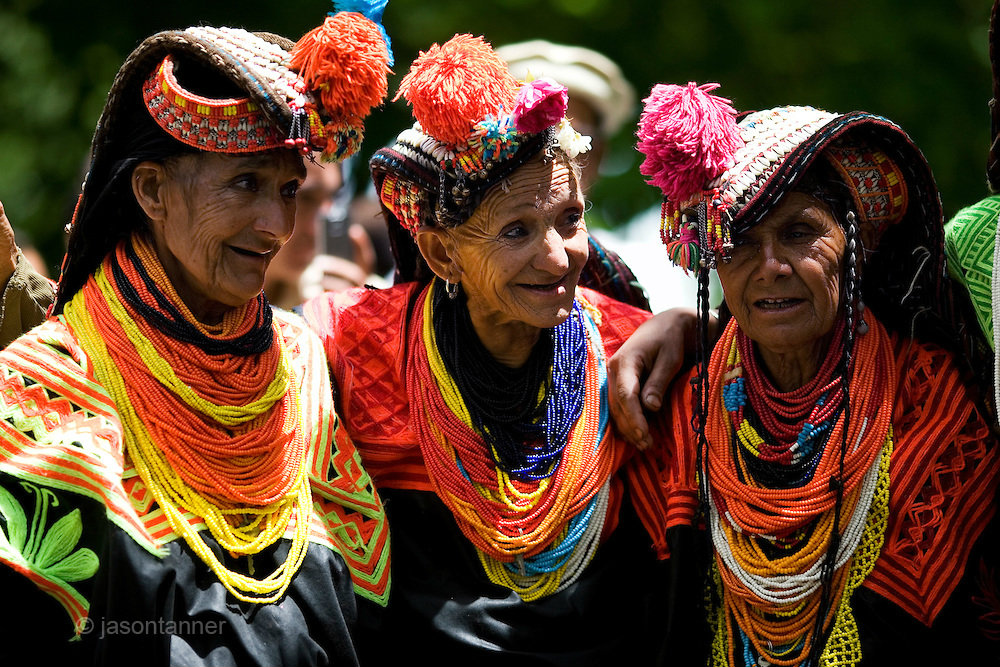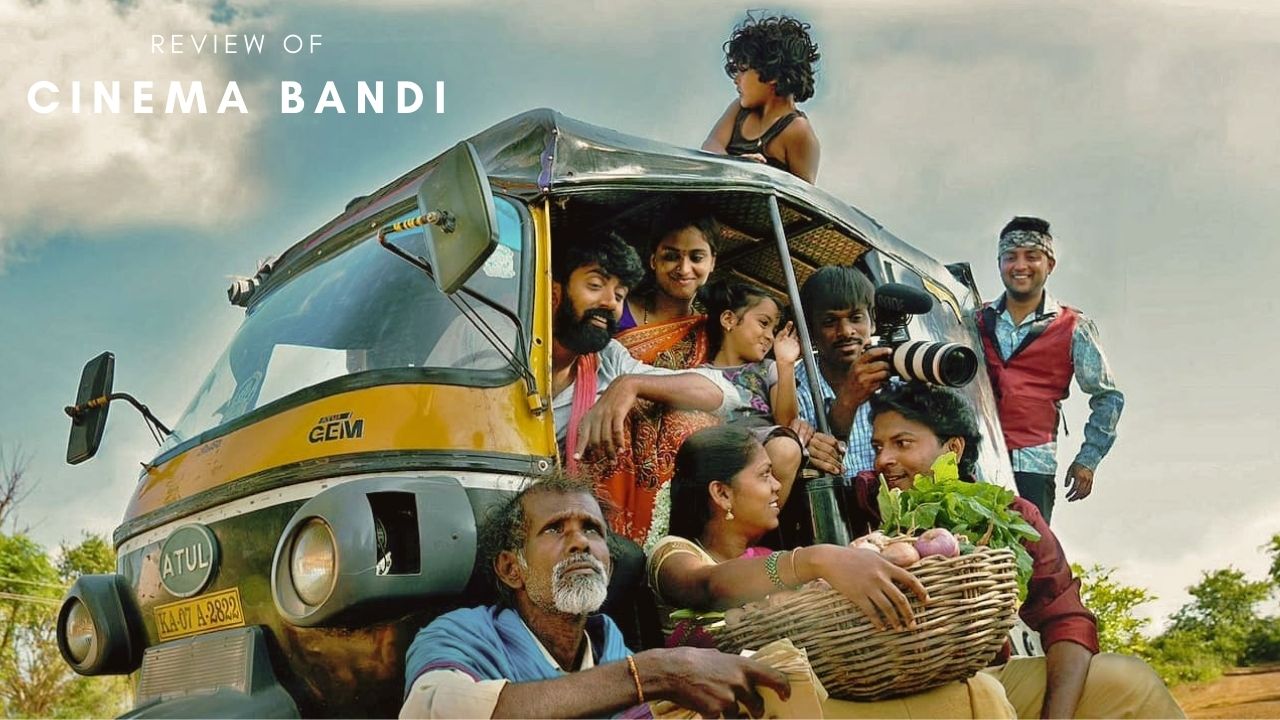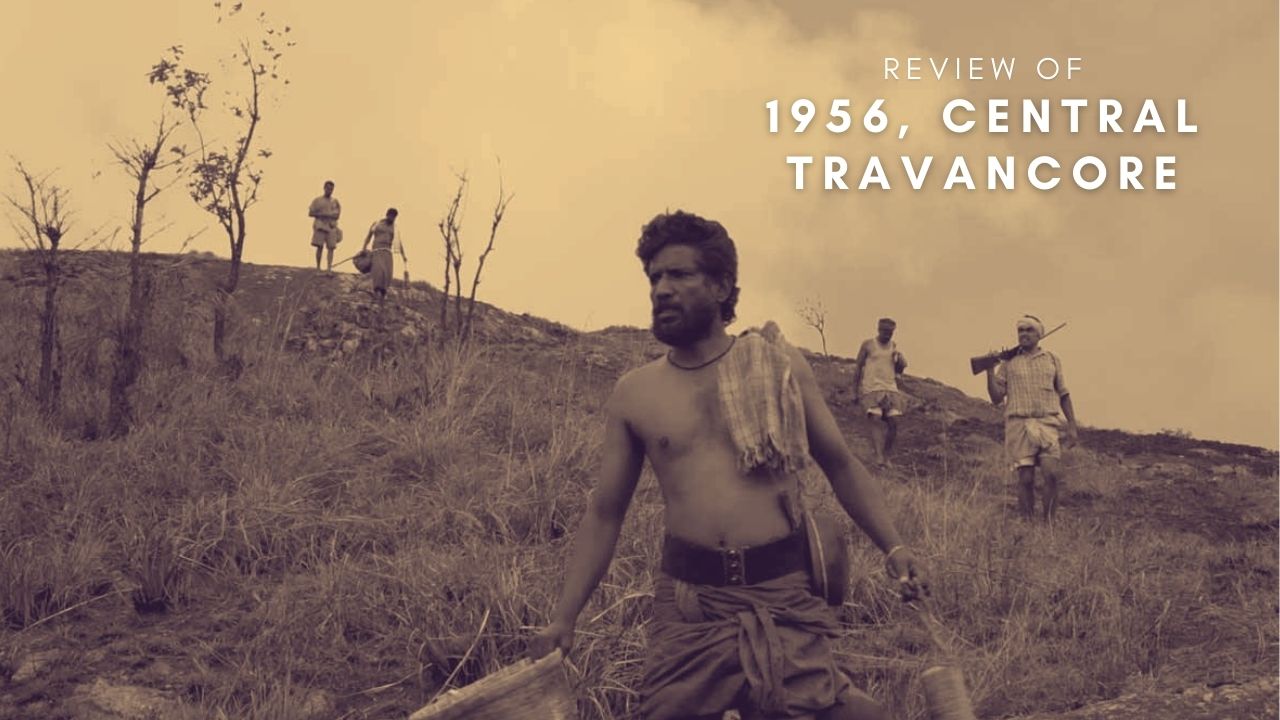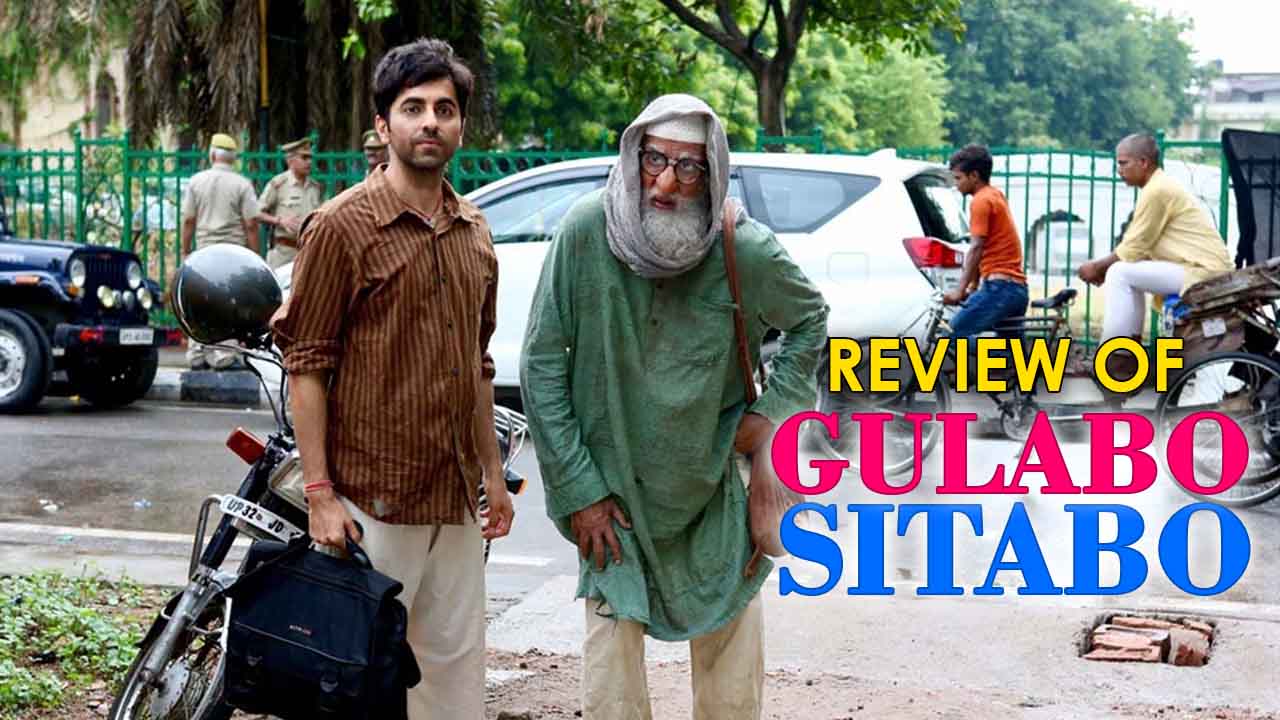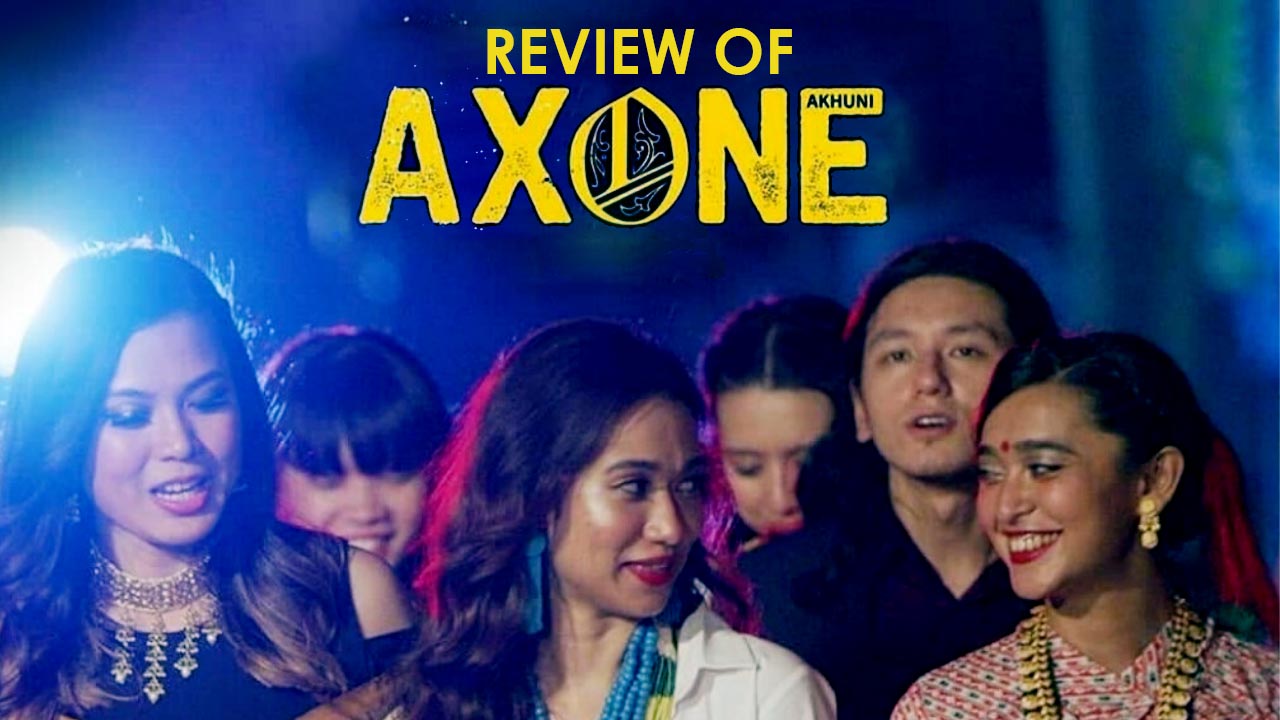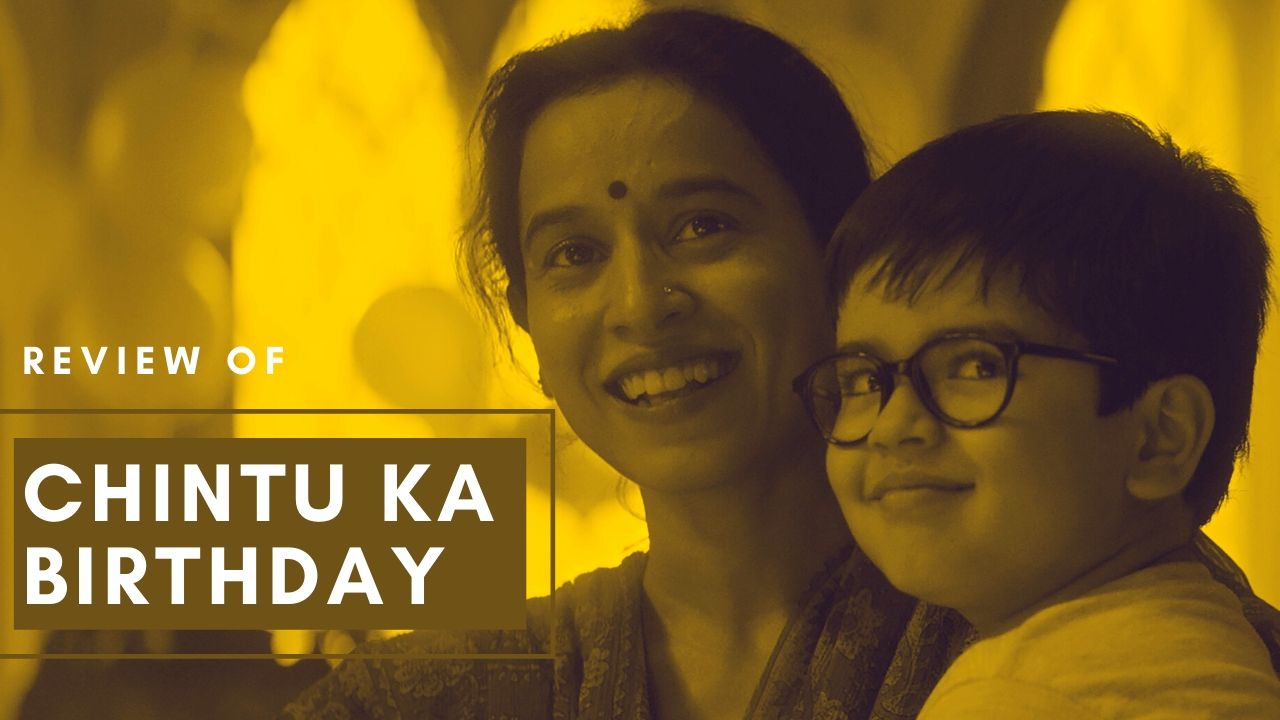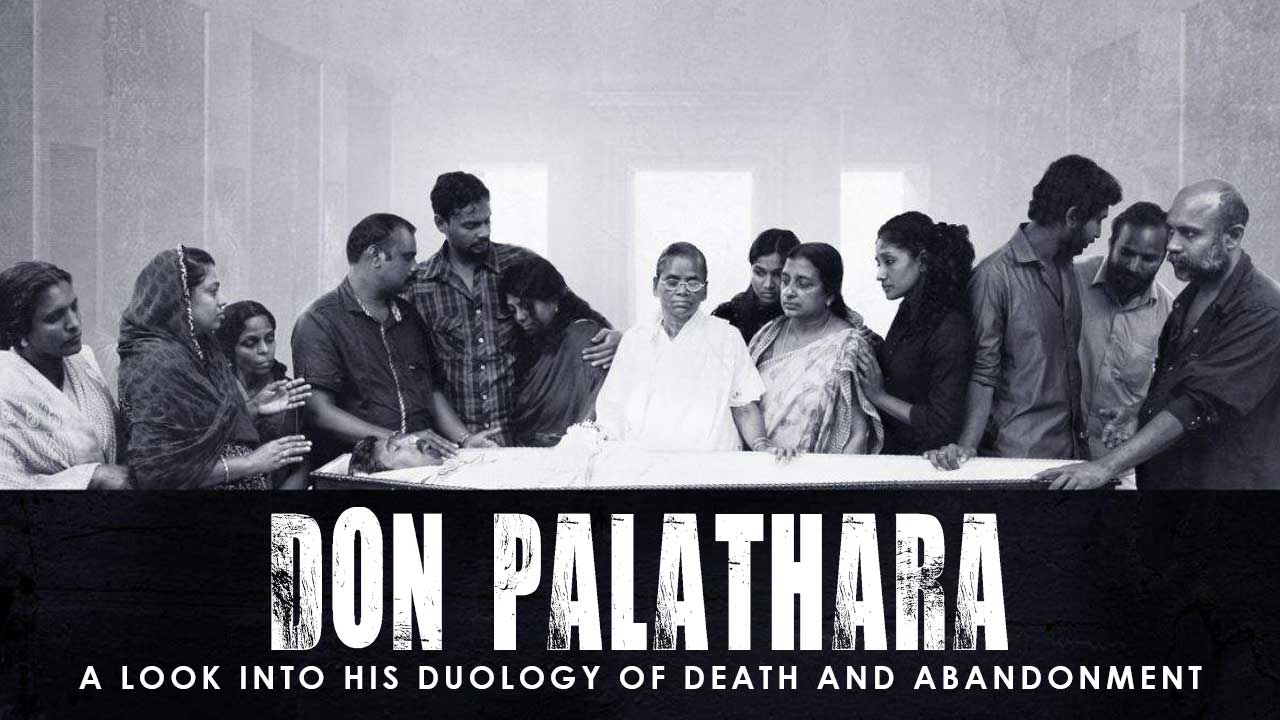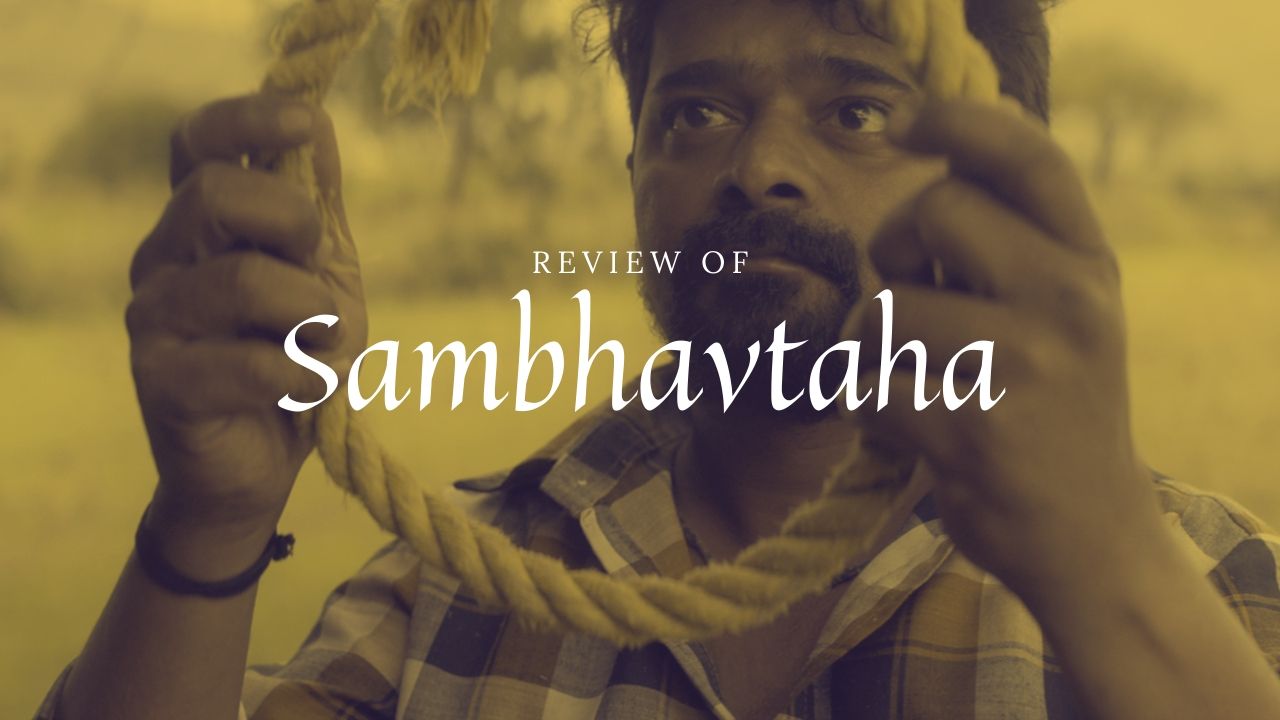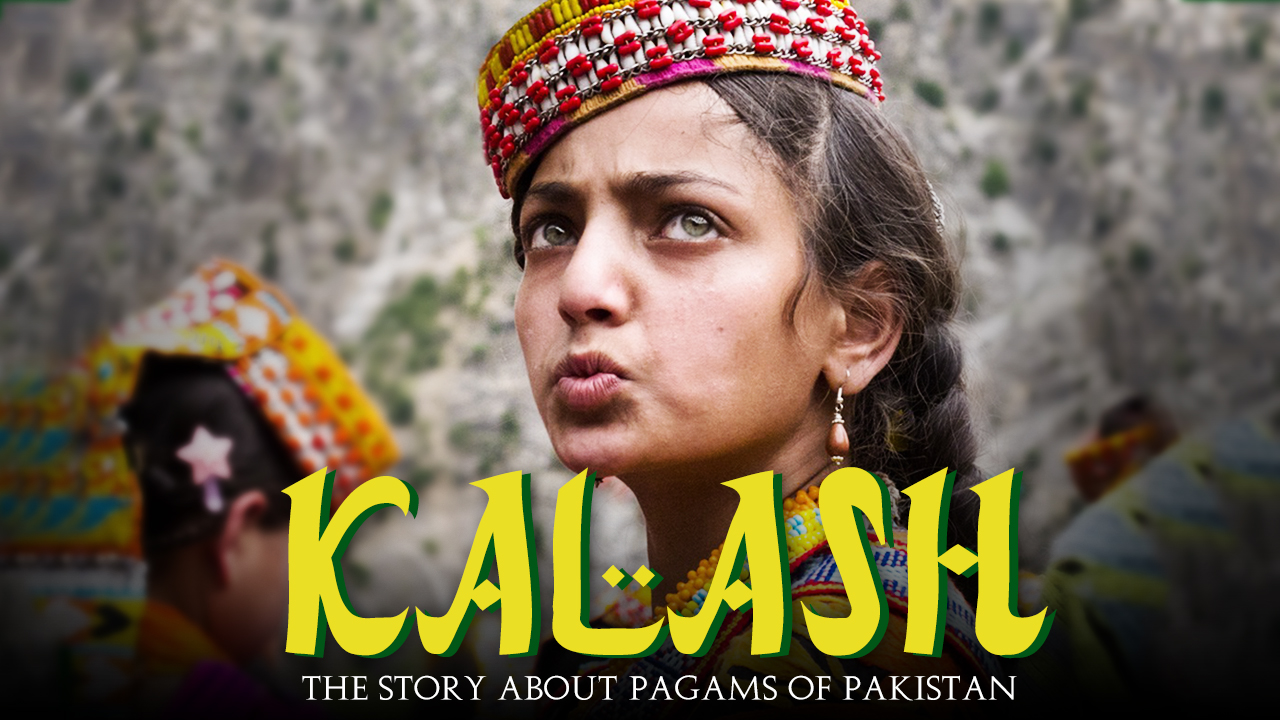
Kalash: The Pagans of Pakistan
Finding Neverland On The Borders Of Pakistan
Kalash. Escapism has always been a psychologically intriguing concept since time immemorial. J.M Barrie, the literary genius behind ‘Peter Pan’ explored this concept through Neverland, the home of Peter Pan. Barrie considered Neverland a place where one could escape reality and indulge in their fantasy, by creating an alternate one.
However personally, I identify Neverland as an extension of my subconscious, to a place where I don’t really escape to, but visit. It’s a place I can stow away rare moments, discoveries and experiences, to remind myself of the extraordinary things existing in the world. One such Neverland discovery was that of a non-Islamic tribe, living on the border of Pakistan and Afghanistan. To be specific, a non-Islamic, predominately pagan tribe with sexually liberated women living amidst the typically patriarchal society of Pakistan. If this by itself is not wondrous, then the fact that the people of the tribe are said to be the descendants of Alexander the Great, definitely is.
The Origins Of The Longforgotten Tribe – Kalash
The Ka’l’s’a (Kalash or Kalasha) are a Dardic, indigenous people residing in the Chitral district of Pakistan, deep in the valleys of the Hindu Kush, the unforgiving mountain range at the border of Pakistan and Afghanistan. Amidst lush valleys, narrow trails dotted with apricot and walnut trees and dangerously fast-flowing rivers, live the approximately 4,000 villagers who make up the last known Kalash settlement in the world. They inhabit the villages of Brumboret, Rumbur and Birir, together known as the Kalash Valley. One can reach the Valley through a 90-minute jeep ride from the trading centre of Chitral, which is at a distance of 32 kilometres after crossing the Swat Valley, a former Taliban stronghold, supposedly recaptured by the Pakistani army. In a metaphoric sea of black and white of Pakistan, the Kalash valleys and its inhabitants are like a burst of colour.
Kalash mythology and folklore have been compared to that of the ancient Greeks. They make wine and whiskey, dance around night-time fires and indulge in sports, like short-put and wrestling, that seems like the ancient prototype of what we now call Olympics. They have olive skin, translucent green-blue eyes and strong features. Additionally, they have every sort of connection with the Greeks, other than proximity. This is the evaluation given by scholars, anthropologists, linguists and writers, who feed the myth with credibility.
The Kalash Tribe As Described By One Of Their Own
A Kalashi tribal man, Kazi Khushnawaz was recently quoted saying;
“Long, long ago, before the days of Islam, Sikander-e-Aazem came to India. The Two Horned one whom you British people call, Alexander The Great. He conquered the world and was a very great man, brave and dauntless and generous to his followers. When he left to go back to Greece, some of his men did not wish to go back with him but preferred to stay here. Their leader was a general called Shalakash (i.e., Seleucus). With some of his officers and men, he came to these valleys and they settled here and took local women, and here they stayed”.
However, there are many different claims of their origin, and genetic makeup. Archaeological evidence suggests that the Kalasha people were the ancient inhabitants of the Swat region, while the Bulgarian ambassador claimed that the people of Kalash community were descendants of his State. The Kalash are unlike anything in south-east Asia. How they got there is a mystery, but how they manage to survive is a miracle.
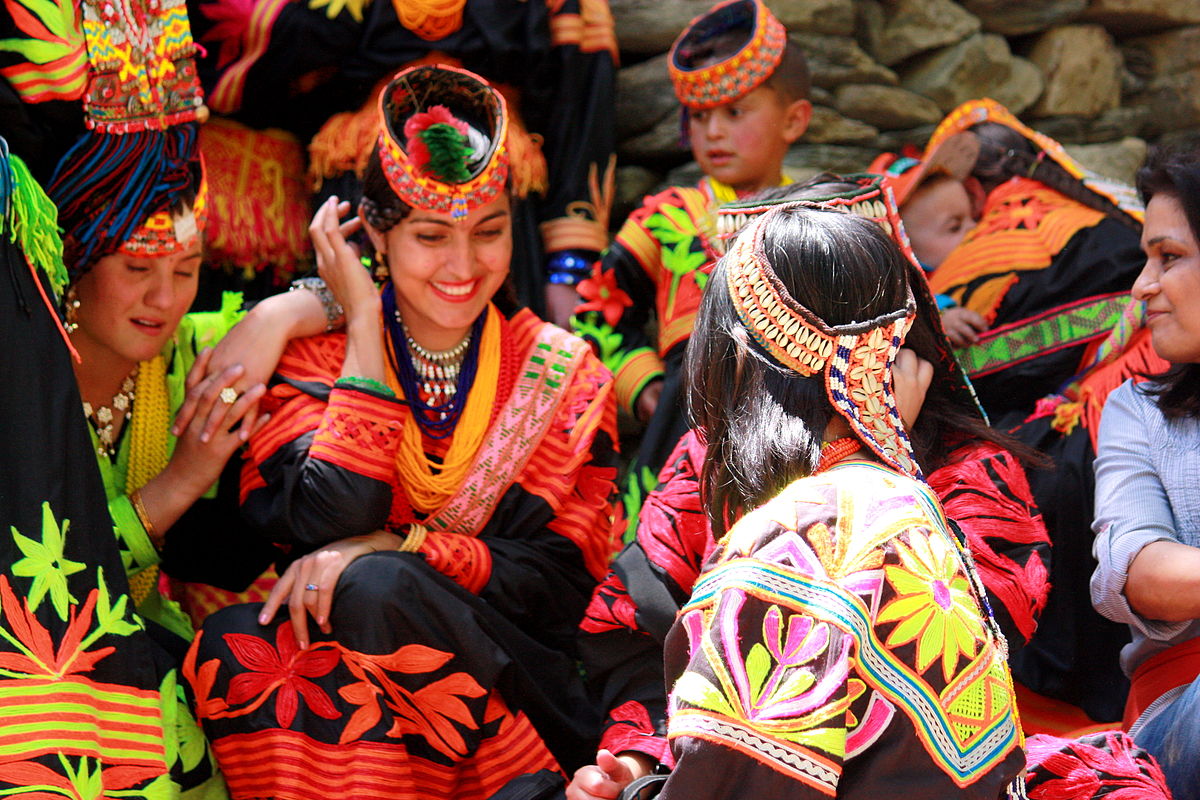
Kalash The Pagan Tribe For Its Customs
The Kalash people follow ancient pagan traditions and sacrifice of animals as a tribute to their gods for the harvests and produce. In contrast to the surrounding male-dominated Pakistani culture, the Kalasha treat the male and females equally. There is an equal contribution from both men and women in the farms and vineyards. Women usually marry at a young age with a man of their choice and receive gifts in the form of cattle from their husbands. If the woman is physically abused or not treated with respect in the marriage, she can change her husband. All she has to do is participate in the Ghona Dastur or wife-elopement and marry another man she deems worthy of her attention, a major custom in all the main festivals. Or write a letter to another prospective husband to double the price of the gift as compared to that of her current husband. However, they do follow superstitious traditions like isolating women during menstruation and childbirth to a building called Bashaleni.
Contrary to popular belief of the Kalash worshipping multiple gods, there is only one god that they do worship known as the Dezau or The Creator. However, they also worship the altars or avatars of Dezau. The Kalash also believe in mountain fairies, and spirits living in the soil, fields and rivers.
Life & Celebrations Of The Tribe Of Kalash
The Kalash celebrate festivals throughout the year with great pomp and ceremony. They celebrate during pre-harvest and spring harvest with a goat, cheese and locally brewed mulberry wine. Their most important festival Chaumois is celebrated as a tribute to Balomain, the heroic demi-god of the Kalash. The women dress up in their traditional, colourful attire of dresses made of cowry shells, coins and beads and heavy headdresses. The people dance around a large bonfire, with the elders chanting legends and folklores to drumbeats.
The Kalash culture and religion was once spread throughout Central Asia, but in the 19th century, the Kalash were conquered by the Muslim Afghans. They were massacred on a large scale and were forced to convert to Islam. With only 4,000 people left in the tribe, the Kalash people are hanging onto their culture with determination. One of the leaders of the tribe, Saifullah Jan, has stated, “If any Kalash converts to Islam, they cannot live among us anymore. We keep our identity strong.”
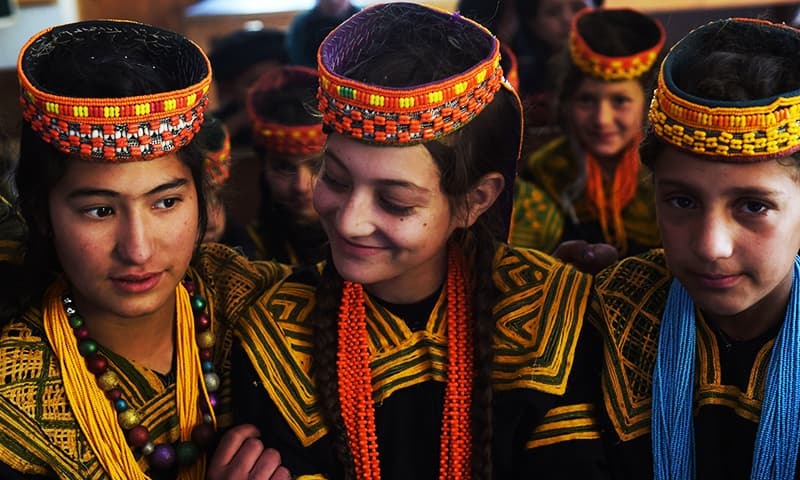
The Modern World Comes To Find The Kalash
NGO’s and private organizations from Greece have raised funds to build cultural and educational centres in the Valley. While the government of Pakistan have carried out measures to offer protection to this minority community in their country, they are, as stated by Luke Rehmat, unprofessional, without providing any legal protection to the culture and religion. The educated youth have turned towards the UN for the Kalash Valley to get recognition as a UNESCO World Heritage site, so that they get worldwide exposure and serious conservation efforts can be carried forward. They also appeal for recognition in the Parliament and other governmental bodies, to truly represent minorities.
So, today as I write about this, extraordinary, dream-like culture, I realize that we as individual voices can help this tribe survive and retain their culture without forceful conversions. We may not be able to fortify the tribe from the external dangers, but our voices can be loud enough to be heard, and in turn, create the exposure that they need.
